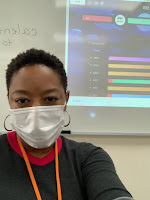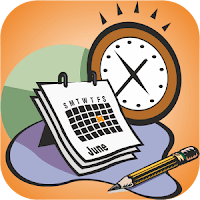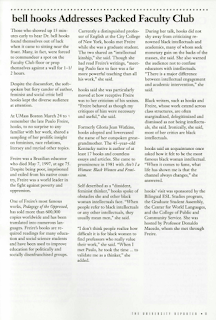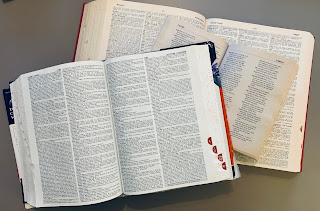Why Every Teen Needs a Paper Planner in the Age of Device Bans
Middle and high school students juggle homework, sports, activities and social lives. Without an effective system, deadlines get missed and stress skyrockets. While there are numerous digital tools that are convenient, many schools have banned personal electronic devices during the day. That means your child may no longer be able to rely on an app or phone-based calendar system to stay organized. A paper agenda book is more important than ever.
The Proven Power of Writing Things Down
Studies show that writing tasks by hand helps students remember deadlines better than typing. Engage the Brain, a Florida-based academic support center, notes that planners “organize a student’s life, reduce frustration, and save time … writing something down makes it easier to remember.”
Why Paper Beats Digital for Students
-
Better Planning Quality – Research published by faculty at Columbia Business School and other universities found that paper calendar users create stronger plans and complete more tasks.
-
Big-Picture Clarity – A paper agenda shows weeks and months at a glance.
-
No Distractions – Paper calendars eliminate pings, alerts and social media temptations.
Life Skills That Last
Using an agenda:
-
Builds time management and planning skills.
-
Encourages independence.
-
Reduces last-minute stress.
-
Prepares students for college and work life.
How Parents Can Help
-
Start Early – Introduce planners at the start of the school year.
-
Model It – Let them see you using your own planner.
-
Set a Routine – Review and update it daily.
-
Make It Fun – Personalize with stickers, colors, or designs.
-
Praise Progress – Encourage consistent use.
Map Out the School Year - Go online and secure a copy of your school's calendar. Then, encourage your child to go through and mark significant dates, such as no-school days, spirit weeks, sports tryouts, etc.
How to Get a Paper Planner for Your Child
- Ask the school - Many schools distribute paper planners to students at the beginning of the year. Where I teach, we call them "agenda books." Before you make a purchase, call and ask if agenda books will be distributed. The guidance office may be a good place to start, as they often help students with executive functioning.
- Purchase your own - the Dated High School Student Planner by SDI Innovations closely resembles the planners distributed where I teach. You can also get the Dated Middle High School Student Planner, designed specifically for middle school organization and success. As an Amazon Associate, I earn from qualifying purchases at no additional cost to you.
Bottom Line:
In an era of school device bans, paper planners give teens control over their schedules, reduce stress, and build skills for life.
Read More About the Benefits of Writing by Hand and Using Planners
Scientific American, Why Writing By Hand is Better for Memory and Learning, https://www.scientificamerican.com/article/why-writing-by-hand-is-better-for-memory-and-learning/
Engage the Brain, Homework Planners: Why Students Need to Use One, https://engagethebrain.org/homework-planners-why-students-need-to-use-one/#:~:text=Assignments%2C%20due%20dates%2C%20and%20obligations,different%20platforms%20to%20assign%20work.
Columbia Business School, Defying the Digital Age: Using a Paper Calendar Could Make You More Productive, https://business.columbia.edu/marketing-press-releases/cbs-press-releases/defying-digital-age-using-paper-calendar-could-make-you










